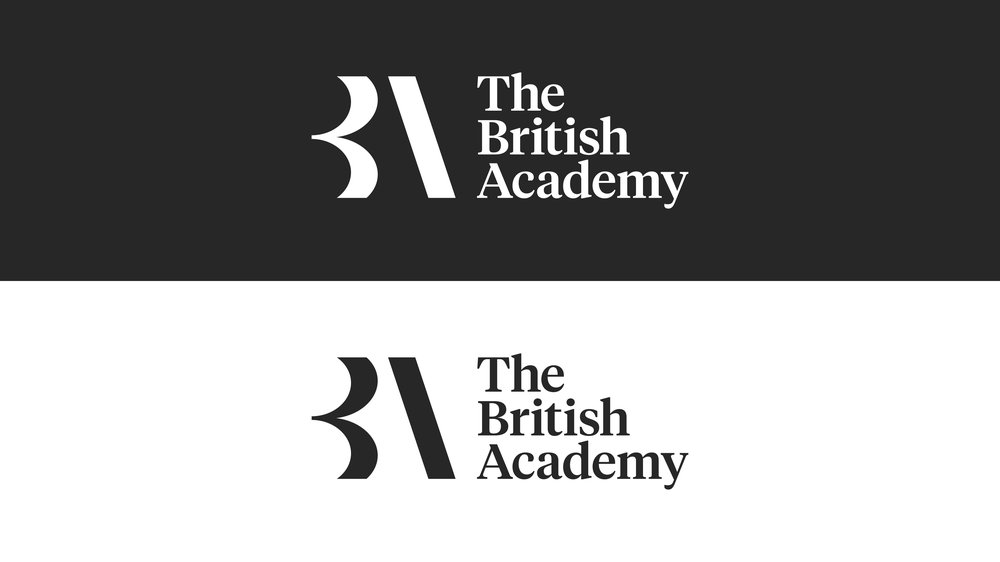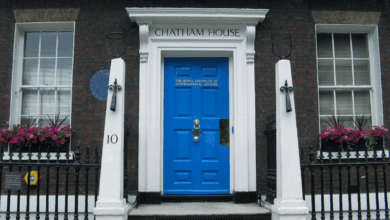
Apply Now For The Funded British Academy Mid-Career Fellowship Programme 2025 (Humanities & Social Sciences)
The British Academy Mid-Career Fellowship is one of the United Kingdom’s most prestigious and sought-after funding schemes for humanities and social sciences scholars. Designed to provide established academics with protected time to complete a major piece of research, this fellowship scheme plays a decisive role in shaping the direction, visibility, and independence of mid-career researchers.
ALSO READ: UN Women Remote Consultant Jobs 2025 | Global Work-from-Anywhere Opportunities for Change-Makers
The programme goes beyond simply funding individual research; it aims to strengthen the intellectual leadership pipeline by enabling scholars to produce significant contributions that influence public debate and enrich British academic life.
Established to support scholars in the most productive phase of their research career—well beyond the PhD but not yet at professorial level—the Mid-Career Fellowship offers successful applicants up to £160,000 (FEC) over a period of six to twelve months. These funds are primarily intended to buy out teaching and administrative responsibilities, essentially freeing up the fellow’s time so that they can focus intensely on research, publications, and public engagement.
It is a strategic investment at a critical career stage, when academics often find themselves managing heavy teaching loads, administrative burdens, and rising expectations for research leadership. By removing those barriers even temporarily, the Fellowship can accelerate research trajectories and enhance visibility in ways that benefit both the individual fellow and the wider academic community.
To be eligible, applicants must already be employed in a UK university or other eligible higher education institution, holding a permanent or long-term contract that lasts at least until the end of the fellowship period. They must typically be within five to fifteen years of completing their doctorate, although the British Academy does accommodate career breaks such as parental leave or industry placements. The programme is open to research in any humanities or social science discipline—from history, linguistics, and philosophy to economics, sociology, and anthropology—and one of its notable strengths is the interdisciplinary breadth it represents.
A unique aspect of the Mid-Career Fellowship is its dual emphasis on both research excellence and public engagement. Applicants are expected not only to propose an academically rigorous project, but also to demonstrate how they will share their findings beyond academia. Fellows are often encouraged to organise public talks, podcasts, school outreach, blog series, or creative outputs designed to reach broader audiences. This dissemination agenda reflects the British Academy’s belief that humanities and social sciences research must play an active role in public life—shaping policies, informing debates, and fostering cultural understanding.
The application process is competitive and takes place through annual calls, usually opening in late summer and closing in mid-autumn. Applicants must submit a detailed proposal including a case for support, a work plan, a timetable for outputs, and a budget. Perhaps most critically, applicants need a strong letter of support from their home institution affirming that the university will indeed release them from their teaching duties if they win the grant.
A common pitfall for unsuccessful applicants is a weak institutional statement or a proposal that lacks a compelling public engagement strategy. Peer review panels assess applications according to academic merit, feasibility, originality, and the potential to strengthen the applicant’s long-term career.
Once awarded, the impact of a Mid-Career Fellowship can be transformative. Many past fellows have used the time to complete major monographs, curate digital archives, or even design policy reports that feed directly into government discussions. For example, scholars have produced landmark works on topics ranging from decolonisation, environmental ethics, and the evolution of inequality to AI-driven futures of work and global migration.

Others have spearheaded innovative public engagement initiatives, such as collaborations with museums, documentary filmmakers, or social justice groups. Fellows often report that the protected time gave them not only space to write but also the mental clarity to take intellectual risks, explore new methodologies, and reconnect with the passion that originally drew them into research.
Importantly, the prestige of holding a British Academy Fellowship can also pave the way for subsequent awards and promotions. Many Fellows go on to secure major funding from organisations such as the UK Research Councils, the Leverhulme Trust, or international foundations. Within their institutions, they are often recognised as emerging leaders and may take on roles such as research directors, heads of department, or public intellectuals.
In terms of long-term impact, the Mid-Career Fellowship scheme strengthens the UK’s research ecosystem by ensuring that promising scholars do not become trapped in teaching and service roles that inhibit their potential. Instead, recipients are encouraged to consolidate their research identities, shape new fields of inquiry, and contribute thoughtfully to public life. By supporting mid-career academics at a pivotal stage, the British Academy champions not only the individual but also the wider civic role that humanities and social sciences play in modern society.
In conclusion, the British Academy Mid-Career Fellowship is much more than a grant. It is a powerful mechanism for unlocking academic independence, fostering research creativity, and enhancing public engagement. Scholars fortunate enough to receive this award join a growing cohort of leading thinkers who are redefining the future of UK research—and inspiring the next generation along the way.
APPLY ON OFFICIAL WEBSITE
For More Latest Opportunities Join Us:
WHATSAPP – FACEBOOK – TELEGRAM – LINKEDIN




